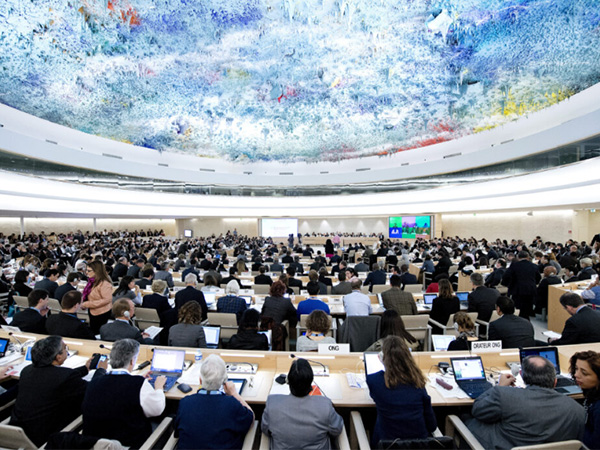UN Experts Demand Answers from China on Tibet and Turkestan Rights Violations
United Nations human rights experts have raised alarm over China’s alleged rights abuses in Tibet and East Turkestan. They cite incidents such as unlawful detentions, enforced disappearances, and repression against minority groups and religious freedoms, urging China to clarify the status of several detained and disappeared individuals.

- Country:
- India
United Nations human rights experts have formally addressed the Chinese government with grave concerns regarding alleged violations in Tibet and East Turkestan. The letter, as reported by Tibet.net, highlights what appears to be systemic abuses, including arbitrary detentions and forced disappearances, of rights defenders and ethnic minorities within these regions.
The UN letter details a worrying pattern of human rights violations, evident through incommunicado detentions, enforced disappearances, and cultural repression. These actions are believed to suppress dissent and stifle freedom of expression, targeting minority groups in Tibet and East Turkestan, Tibet.net has reported.
The correspondence also notes specific individuals, including nine Tibetans currently held with unclear charges or representation. It seeks clarification on their treatment and questions the fairness of their trials. Additionally, it sheds light on allegations of torture and harsh treatment of detainees, with some reportedly dying due to inadequate medical care. The experts call for transparency and investigations into reported abuses and wrongful detentions.
Further, the UN experts highlight ongoing issues, like arrests of individuals engaged in peaceful religious activities. They report recent cases from September 2024, involving four Tibetans detained without explanations about charges or whereabouts. The detained include prominent religious figures from Kirti Monastery, reinforcing concerns over a crackdown on religious freedoms.
The letter underscores the systemic repression of religious practices, such as detentions for possessing Dalai Lama images or conducting simple religious acts. It points out that these measures form part of China's broader campaign to forcibly assimilate Tibetan religions into a state-aligned ideology.
This communication from several UN special rapporteurs stands as a critical reminder of the enduring struggle for human rights in Tibet and East Turkestan, where cultural and religious freedoms face severe curtailment.
(With inputs from agencies.)
ALSO READ
Human Rights Experts Call for Renewed Commitment to Building an Inclusive and Sustainable Future
Biden Redirects Military Aid from Egypt to Lebanon Amidst Human Rights Concerns
Ghana’s New Leadership Urged to Prioritize Human Rights, Gender Equality, and Environmental Protection
Central African Republic Adopts Landmark Law to Protect Human Rights Defenders
UN Human Rights Chief Condemns Surge in Executions in Iran










